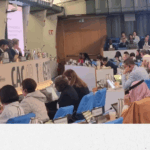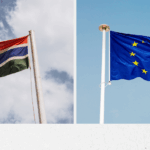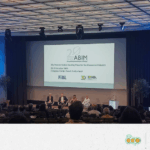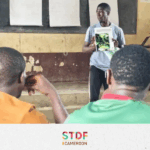- 08/04/2025
- Posted by: Sandra Borma
- Category: News
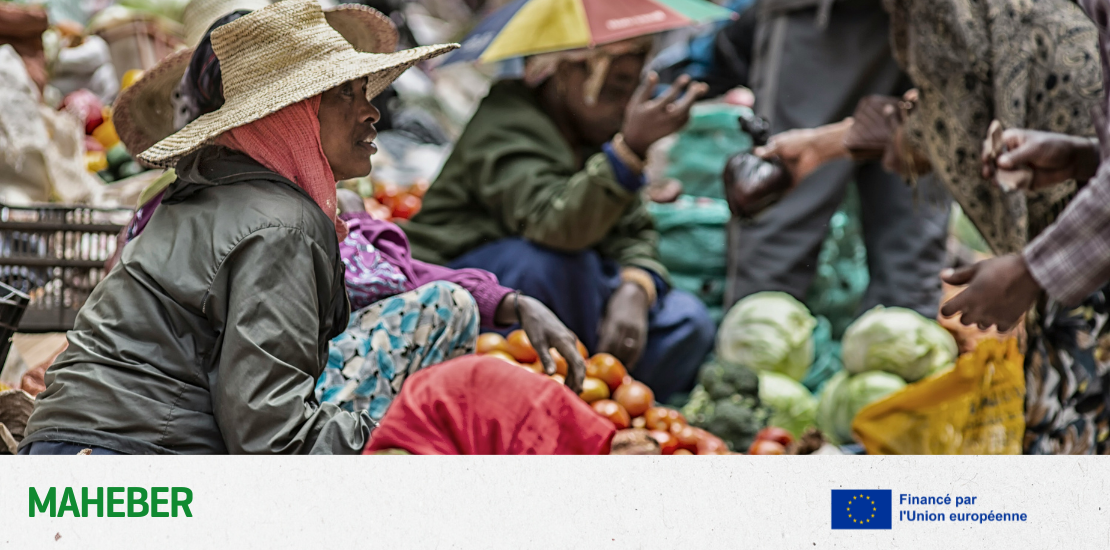
(*MAHEBER in Amharic means association, union, group gathered for a common purpose)
COLEAD has been selected by the European Union Delegation to Ethiopia to lead an ambitious five-year programme to strengthen the competitiveness, resilience, inclusiveness and sustainability of the country’s horticulture value chains. Entitled ‘Enhancing the Competitiveness of Ethiopia’s Horticulture Sector’, this initiative is fully aligned with the Global Gateway priorities and contributes to the objectives of the EU Action Plan for the Development of Sustainable Agri-Food Systems in Ethiopia (2024-2027).
A lever for economic, social and environmental development
The overall objective of the programme is to enhance the contribution of the Ethiopian horticulture sector to economic growth, food security, food safety, nutrition and sustainable development. More specifically, it aims to build the long-term capacity of stakeholders across the horticultural ecosystem to meet evolving sanitary and phytosanitary (SPS), commercial, social and environmental requirements in local, regional and international markets.
A proven approach serving a whole ecosystem
This programme builds on COLEAD’s 25 years of experience in technical assistance, training, market intelligence and facilitation of public-private dialogue. It will help stimulate private investment, increase local value addition and improve access to finance, working conditions and compliance with EU standards for horticultural MSMEs.
It will also address logistical challenges and support sustainable management efforts, in particular by addressing gaps in agro-ecological production and local processing, including support to smallholder farmers.
Multiple partner beneficiaries for systemic impact
The programme will directly benefit a wide range of actors in the sector:
- Economic operators: MSMEs in the fruit and vegetable sector, cooperatives, producer groups, intermediaries, transporters and certain cut flower producers – through support to business membership organisations and competent authorities.
- Support services: consultants, training centres, technical and research institutes, smallholder support structures, certification bodies, logistics operators, etc.
- Competent authorities at national and regional level, with whom synergies will be sought in full complementarity with existing programmes, including the forthcoming Twinning Grant Agreement.
Three main expected results
The programme aims to achieve the following results
R1. Strengthened capacities of MSMEs and producer groups to improve their positioning on national, regional and international markets;
R2. Improved enabling environment to support the competitiveness and sustainability of Ethiopian horticultural products;
R3. Removal of key export constraints through enhanced policy dialogue and public-private cooperation.
This new programme illustrates the renewed confidence of the European institutions in COLEAD’s ability to support sustainable agricultural transitions in Africa. This new programme represents an important milestone in the development of Ethiopian horticultural value chains that can respond to global challenges while creating inclusive and sustainable economic opportunities.
Moreover, this national initiative is being launched in continuity and complementarity with the multi-country (ACP) Fit For Market Plus programme. It will fully benefit from the tools developed under this programme, allowing for deeper and more tailored support to Ethiopian horticultural stakeholders.
This activity is implemented by COLEAD and supported by the MAHEBER Program (Mobilizing Actors in Horticulture for Entrepreneurship and Boosting Ethiopian Resilience), funded by the European Union through the EU Delegation in Ethiopia. This communication has been produced with the financial support of the EU. Its contents are the sole responsibility of COLEAD and can in no way be taken to reflect the views of the EU.

